Review: Oleanna
Oleanna
theatre penumbra
Written by David Mamet. Directed by Allegra Fulton. At Red Sandcastle Theatre until December 3.
David Mamet has been stirring things up for more than three decades with plays that celebrate shady real estate salesmen (Glengarry Glenn Ross), Hollywood’s immorality (Speed-the-Plow), and petty thievery (American Buffalo). But nothing gets up people’s noses more than Oleanna, about sexual harassment, power, and submission. The last few weeks’ headlines certainly re-inform the play.
Mamet begins Oleanna with John (James McGowan), a college professor, on the phone with his anxious wife. The language is disjointed, full of starts and stops mid-syllable as John interrupts and is interrupted. Carol (Grace Gordon), his self-conscious student, sits patiently in his office, waiting.
This is a speech technique of Mamet’s. Actors love it, because successfully carrying out that jarring speech shows off their chops. But it drives audiences crazy. “FINISH A SENTENCE!” you want to yell. There are several phone calls like that, and in each one John says, “I can’t talk right now,” and continues the call. You want to say: “If you can’t talk right now, then don’t answer the phone!” Getting the audience riled up seems to be the point here, so that they are really charged as the balance of power shifts.
Carol is failing John’s course in college, and I get the sense he has called her in to his office to see what the problem is and help her. While John is caring, he is also pedantic and pompous. It’s obvious there is a lack of communication between them. Carol processes everything literally and has no capacity for figurative thinking. Metaphor, nuance, and subtlety are not her forte. John is so busy pontificating that he doesn’t “hear” her and speaks, instead, in esoteric, vaulting language she doesn’t understand, like using the word “paradigm” when “model” would be clearer.
At the start of the play, John is in control. But over the course of the three scenes, the power shifts. Director Allegra Fulton and her fine cast have created a gripping, gut-twisting production of this minefield of a play. Mamet drops in lines that are just fraught with danger. When Carol asks why he is helping her, John says, “Because I like you.” So one wonders: if he didn’t like her, he wouldn’t help her? Mamet is deliberate when he uses “I like you” rather than “I care about you,” which is what a responsible teacher would probably say.
Fulton does not fall for these moments of danger and reveal everything quickly. Rather, she guides her actors to reveal the play and their characters gradually so that the audience is slowly gripped and held fast until the very dramatic end.
McGowan has the easy body language of a confident man. He wanders around the space, animated when making a point. He creates the image of a man in love with his own voice and thoughts who appears to want to help a student, but doesn’t think properly about how his actions might be perceived. Gordon sits in her chair, focusing intently on John as he speaks, as if concentration will result in her understanding him. Her face is a blank when what he says makes no sense to her. When she becomes empowered, her face is steely. Both are formidable performances.
I do have one quibble. In the third scene, when the power has shifted, McGowan moves in his seat, hunches over, rubs his face with his hands in worry, and pushes his fingers through his hair. This is one nervous man. My concern is that all this stage business anticipates John’s trouble too early, rather than having McGowan be the “in control” man he has shown himself to be. If we know something is wrong by his body language so early on, what happens later is anti-climactic. That’s not a good thing.
Oleanna is such a fascinating, deceptive play. Mamet takes the issue of sexual harassment and rather than dealing with it in a balanced way, leaving it to the audience to decide what side to be on, Mamet turns the issue on its ear. He leaves no doubt in my mind as to whose side he’s on, and therefore whose side he wants the audience to be on. No one is neutral after seeing it, which is what good theatre is all about.
For tickets or more information, click here.

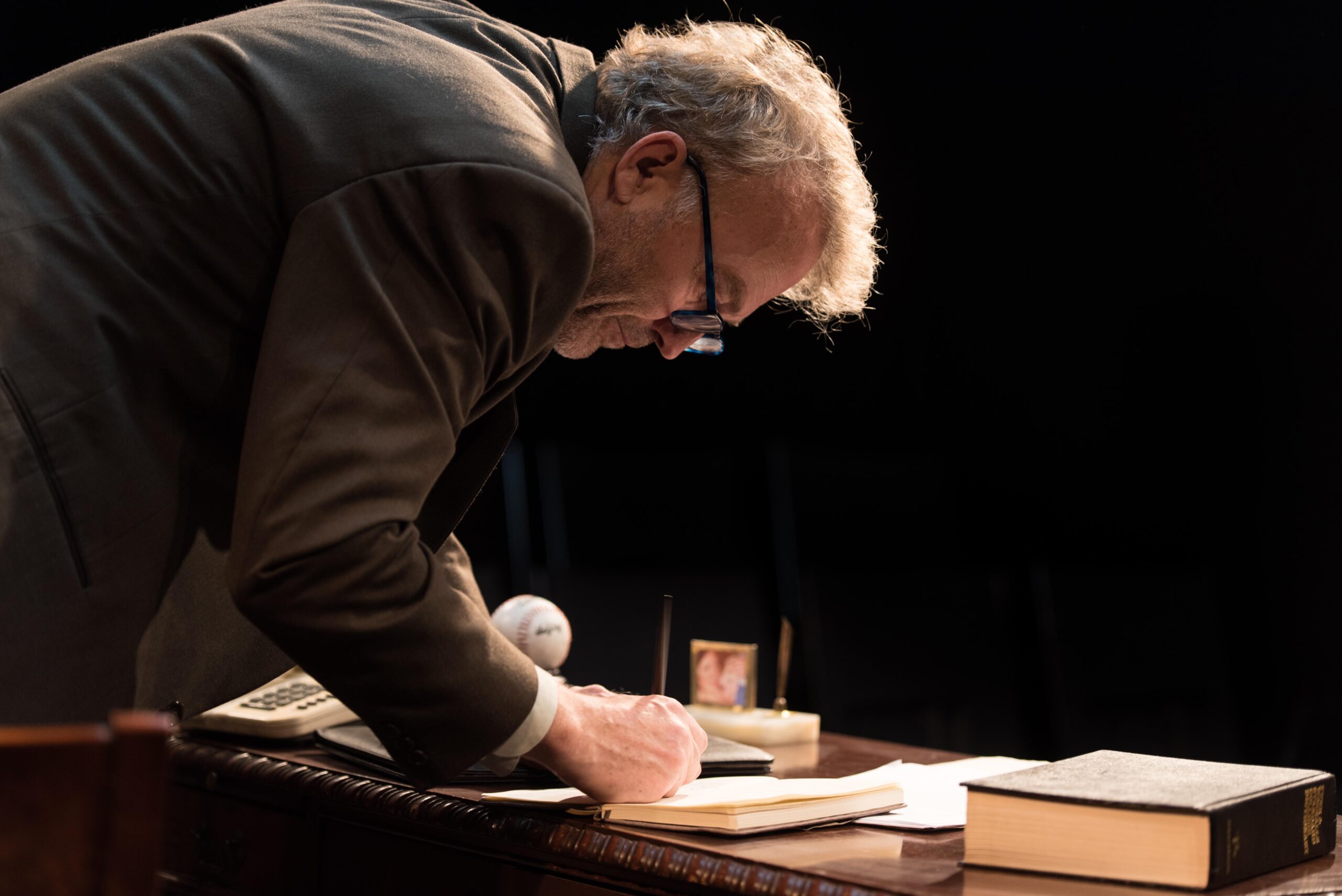







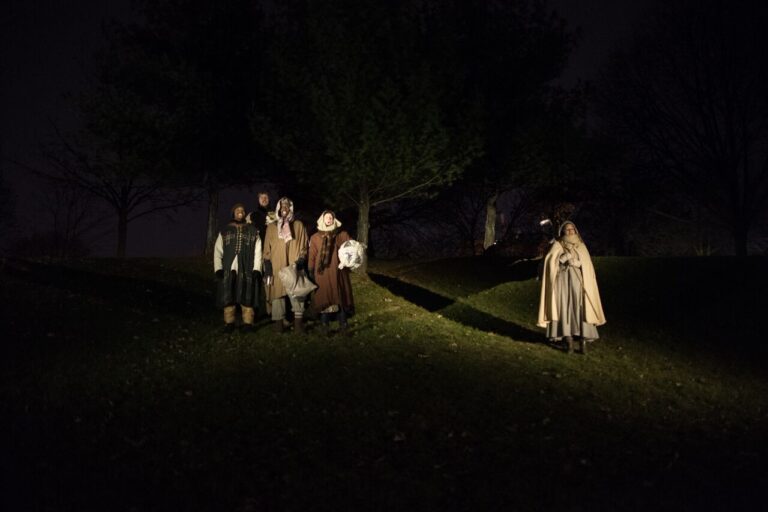

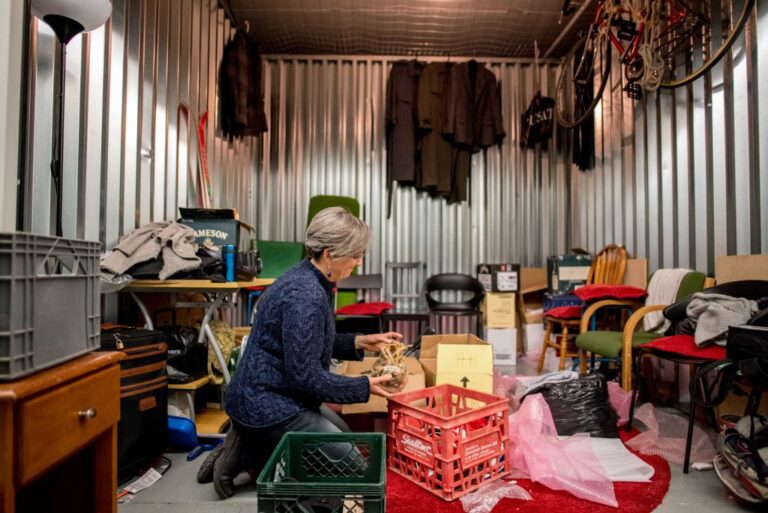
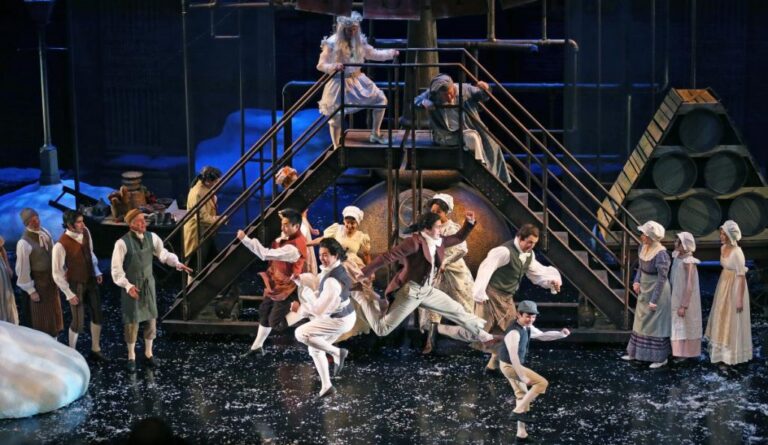
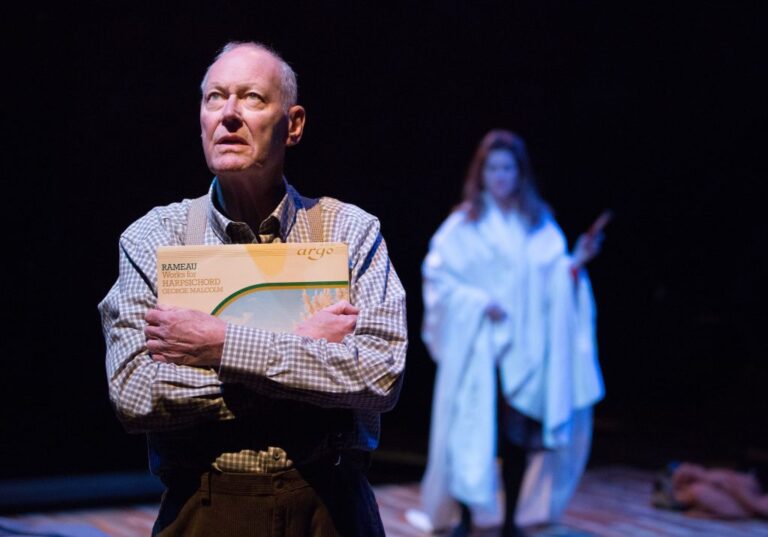
Comments